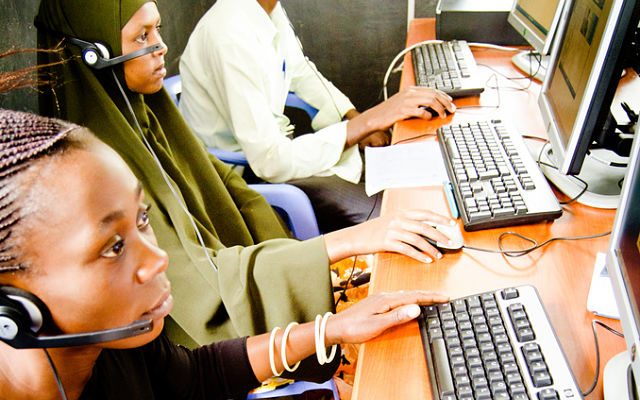Boldness and Books: Prioritizing Education for Refugees in Uganda

Refugees from almost all of the countries that border Uganda — such as the Democratic Republic of Congo, Rwanda, Kenya and South Sudan — chose to seek safety in Uganda over the last 20 years due to conflict.
Nakivale is a refugee settlement in Uganda that offers access to education and gives refugee children the opportunity to grow into leaders — a skillset that helps protect them from child labor and child marriage. Education in an impoverished area like Uganda can result in many positive benefits.
Educational Resources in Nakivale
Uganda encourages refugees to prosper, especially when it comes to education. Nakivale hosts more than 100,000 refugees, and provides them with numerous resources.
These resources include land, materials needed to build a home or a building where education can be present, and the opportunity to create one’s own work including through the avenue of education.
Working to Improve Educational Opportunities for Refugees
The chance to grow and build a community is embraced for refugees in Uganda. While there are indeed resources for educational opportunities, access to an established education system for children is limited in Nakivale.
However, there are initiatives for helping improve the lack of education. Since the government and the people of Nakivale are supportive of allowing refugees coming into their country, they are also willing to provide tools to promote education.
One way that education is being improved in Nakivale is through the creation of a university. A group of young men in Nakivale created a university in the camp because they wanted to ensure that children had access to safe and adequate education.
Bridging the Gap
In 2016, 3.5 million refugee children did not have access to education. Knowledge is crucial to the impoverished because it can help them become leaders, build up their communities and keep them away from child labor and child marriage.
Refugees in Uganda have the tools and support they need to have an education. Education in an impoverished area not only benefits the people but also helps get rid of global poverty. Being educated, especially when dealing with global poverty, can help create a positive result for all impoverished populations.
– Kelly Kipfer
Photo: Flickr
